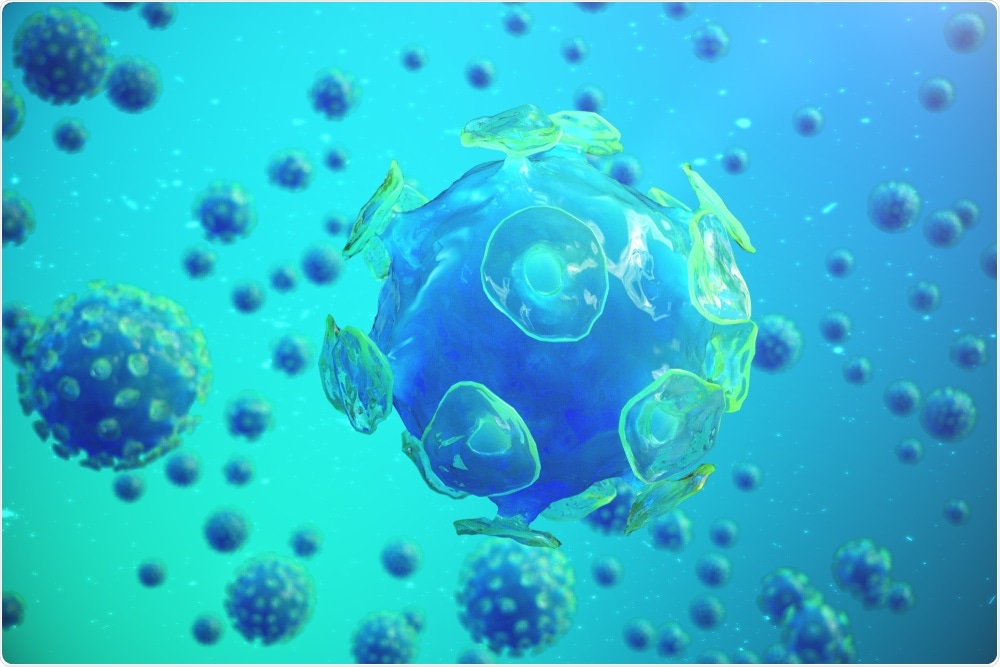New research has revealed that microbes stranded in the International Space Station (ISS) have different genes from the equivalent bacteria on Earth. Whilst there have been many concerns about these microbes forming a new generation of “superbugs”, it now appears that the differences are making the bacteria more able to withstand the harsh conditions of space, rather than increasing pathogenicity.
 Rost9 | Shutterstock
Rost9 | Shutterstock
A myriad of bacterial species can be found in the ISS, having hitched a lift into space on the clothing of the astronauts or in the cargo. Thousands of these, and other, microbes have been cultured from samples taken from the ISS, the genomic data of which is stored in a National Center for Biotechnology Information public database.
With increasing talk of enabling travellers to visit space, there is growing interest in understanding how microbes behave in enclosed environments. For example, there has been a lot of speculation about whether the stressful, harsh conditions on the ISS, including high levels of radiation, microgravity, and lack of ventilation, may lead to the evolution of superbugs that have greater strength to survive.
In order to address this issue, Dr. Erica Hartmann and her team at the Department of Civil and Environmental Engineering, Northwestern University, compared the genomes of Staphylococcus aureus and Bacillus cereus cultures isolated from the ISS with those on Earth.
S. aureus is a common bacterium typically found on human skin; it includes the difficult-to-treat MRSA strain. In contrast, B. cereus lives in soil and has fewer implications for human health.
The analysis revealed that the bacteria isolated from the ISS did indeed contain different genes from their terrestrial counterparts. Interestingly though it was shown that these genetic differences would not increase the pathogenicity of the bacteria or make them more detrimental to human health.
It was reported that the changes merely reflect the bacterial responses to living in a stressful environment. There is natural selection for those bacteria with genes advantageous for living on inorganic surfaces. The mutations observed in the ISS bacteria facilitated their survival by helping the bacteria eat, grow and function in a harsh environment.
Does the [ISS] environment select for superbugs because they have an advantage? The answer appears to be no[…] Your skin is warm and has certain oils and organic chemicals that bacteria really like. When you shed those bacteria, they find themselves living in a very different environment. A building's surface is cold and barren, which is extremely stressful for certain bacteria."
Dr. Erica Hartmann, Senior Author
First author of the research Ryan Blaustein commented "Based on genomic analysis, it looks like bacteria are adapting to live -- not evolving to cause disease. We didn't see anything special about antibiotic resistance or virulence in the space station's bacteria."
The discovery that the harsh environment in space is not causing bacteria to mutate into dangerous, antibiotic-resistant superbugs is good news for astronauts and potential space tourists. It must, however, not be forgotten that infected individuals can still spread illness on space stations and space shuttles.
Everywhere you go, you bring your microbes with you...Astronauts are exceedingly healthy people, but as we talk about expanding space flight to tourists who do not necessarily meet astronaut criteria, we don't know what will happen".
Dr. Erica Hartmann, Senior Author
Sources
Space Microbes Aren’t So Alien After All.
Blaustein RA, et al. Pangenomic Approach To Understanding Microbial Adaptations within a Model Built Environment, the International Space Station, Relative to Human Hosts and Soil. mSystems 2019. January 8.